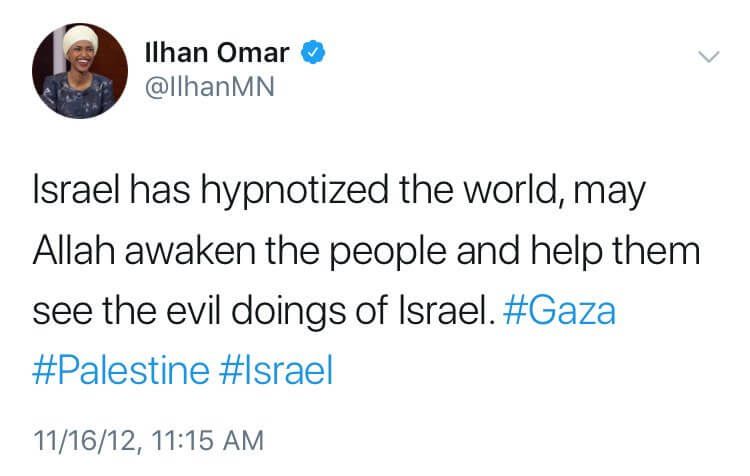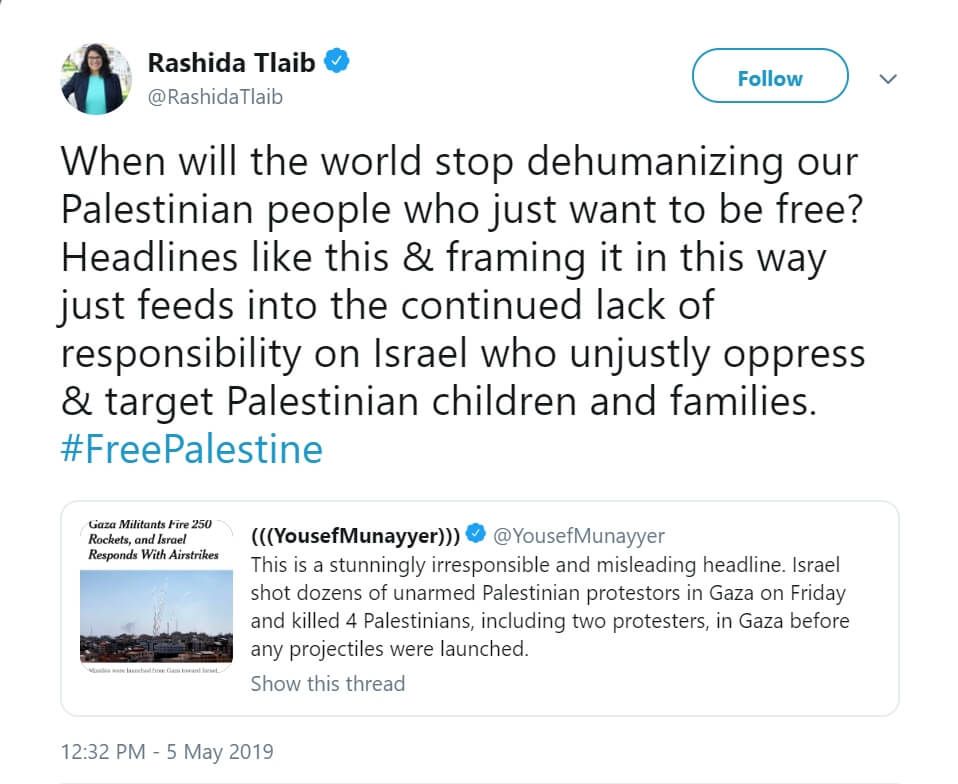| 1 |
In response to a barrage of incendiary balloons flown from the Gaza Strip into Israel, the IDF has over the past 24 hours struck numerous Hamas assets in the Palestinian enclave. The targets destroyed included a military compound, underground terror infrastructure and observation posts.
The spate of arson attacks on Tuesday sparked 60 separate fires in southern Israeli communities, most of them located close to the shared border.
As tensions continue to rise, media reported that the director of Israel’s Mossad spy agency was attempting to convince senior Qatari officials to continue transferring huge amounts of money into Hamas’ coffers. Over the past two years, Israel has permitted Doha to provide Hamas with tens of millions of dollars ostensibly earmarked to pay for Gaza’s fuel, cover the salaries of civil servants and be distributed as aid to residents.
Critics of Israel’s policy contend that it amounts to extortion and argue that Hamas is liable to divert the funds toward military purposes.
| 2 |
Hezbollah’s weapons must be removed from populated areas in Lebanon, Prime Minister Benjamin Netanyahu on Tuesday told his French counterpart, Emmanuel Macron, during a phone call. The Israeli leader added that “Hezbollah is sorely mistaken if it thinks it can solve the crisis in Lebanon by creating a crisis with Israel,” according to a statement released by the Prime Minister’s Office. Finally, Netanyahu reiterated “Israel’s willingness to give humanitarian aid” to the Lebanese people.
Prior to last week’s massive explosion at the Port of Beirut, tensions had been rising along Israel’s border with Lebanon. The IDF had until recently bolstered its presence in the North, a move precipitated by two unsuccessful infiltration attempts by suspected Hezbollah terrorists.
That, in turn, came on the backdrop of threats by Hezbollah chief Hassan Nasrallah to respond to the killing of one of his commanders in an Israeli airstrike in Syria.
Hezbollah has been widely blamed for the disaster in the Lebanese capital and has in the past diverted attention away from its own failings by lashing out at Israel.
| 3 |
The UN Security Council (UNSC) remains divided over the nature and scope of the mandate of the UN’s peacekeeping mission in southern Lebanon — known as UNIFIL — with the United States backing Israel’s demand for major changes. UNIFIL’s responsibilities were greatly expanded in 2006 following the war between Israel and the Iranian-sponsored Hezbollah terrorist group. This entailed giving peacekeepers permission to deploy along the shared border with a view to enabling them to help Lebanese troops reassert their authority in the country’s South for the first time in decades.
For its part, Israel has repeatedly accused Hezbollah of preventing UNIFIL from fulfilling its mission, and, on the flip side, has also called out UNIFIL for turning a blind eye to Hezbollah’s militarization of the border area in violation of international law.
Israel’s previous ambassador to the UN, Danny Danon, said in May that his government would insist on redefining UNIFIL’s mandate to include the guaranteed access by peacekeepers to all suspected Hezbollah military sites. Nevertheless, various unnamed Israeli sources have suggested that the diplomatic battle is unlikely to be won due to pushback from other UNSC members.
| 4 |
Rep. Ilhan Omar (D-MN), a member of Congress’ progressive “Squad,” on Tuesday resoundingly defeated a well-funded challenger, Antone Melton-Meaux, in a primary vote. Some expected the outcome to be closer given that the two candidates had raised nearly the same amount of money.
During the campaign, Melton-Meaux argued that Omar was a divisive figure too focused on raising her national profile.
Meanwhile, Alexandria Ocasio-Cortez (D-NY) and Rashida Tlaib (D-MI), who are also members of the “Squad,” faced similar accusations in their own primary races, but nevertheless easily handled their opponents.
Omar and Tlaib have drawn the ire of many American Jews for making comments and sharing memes on social media that were perceived as antisemitic. Notably, the two congresswomen openly support the Boycott, Divestment and Sanctions movement against Israel.


| 5 |
An Italian judge has ruled that declaring Jerusalem the capital of Israel is tantamount to the “dissemination of incorrect information.” The decision was based on Italy’s vote in favor of a UN General Assembly resolution slamming the US for having recognized the holy city as Israel’s capital.
The ruling marks the end of a lawsuit filed in May by two pro-Palestinian organizations against L’Eradità, a popular Italian quiz show. During one episode, host Flavio Insinna would not accept as an answer that Tel Aviv was the capital of Israel and instead said that the correct response was Jerusalem. This drew the ire of the Palestinian Association in Italy and the Association of Solidarity with the Palestinian People, who together launched legal action.
As “punishment,” Insinna will be forced to explicitly say that Jerusalem is not Israel’s capital the next time the show airs.
| 6 |
A new technology developed by Israeli start-up PulseNmore will allow pregnant women to perform ultrasounds from the comfort of their homes. The small device, which attaches to smartphones, is operated directly by the woman, with instructions either given by a doctor during a live telemedicine appointment or accessed on the associated app .
The end-result? A video of the fetus that is then uploaded and examined by a medical professional.

According to PulseNmore, the device is the first-of-its-kind in the world and has been clinically tested and approved for use in Israel and in the European Union.
In fact, Israel’s Clalit health care provider has already ordered 20,000 units for use by its members.
| 7 |
The popular website creation platform Wix has become Israel’s second-highest valued company, its share price having increased by 260% since March. The jump has been widely attributed to coronavirus-related restrictions that have since the spring intermittently forced people across the globe to remain in their homes. The company allows users to easily make websites using templates and drag and drop tools.
“We’ve made a leap from being a consumer product for a particular group to a necessity for many more people,” said Nir Zohar, Wix’s President and COO. “It’s the way many people today are making a living — by selling online.”
Recommended Content
VIDEO: Israel’s New Laser-Intercept Defense System
https://www.facebook.com/HonestReporting/posts/10158818547514954
- Focus on Hamas: A brutal terror organization (HonestReporting Staff)
- The real killer of the two-state solution? The Palestinian right of return (Adi Schwartz and Einat Wilf, The Forward)
- I was harassed and persecuted on campus just for being a Zionist (Rose Ritch, Newsweek)

